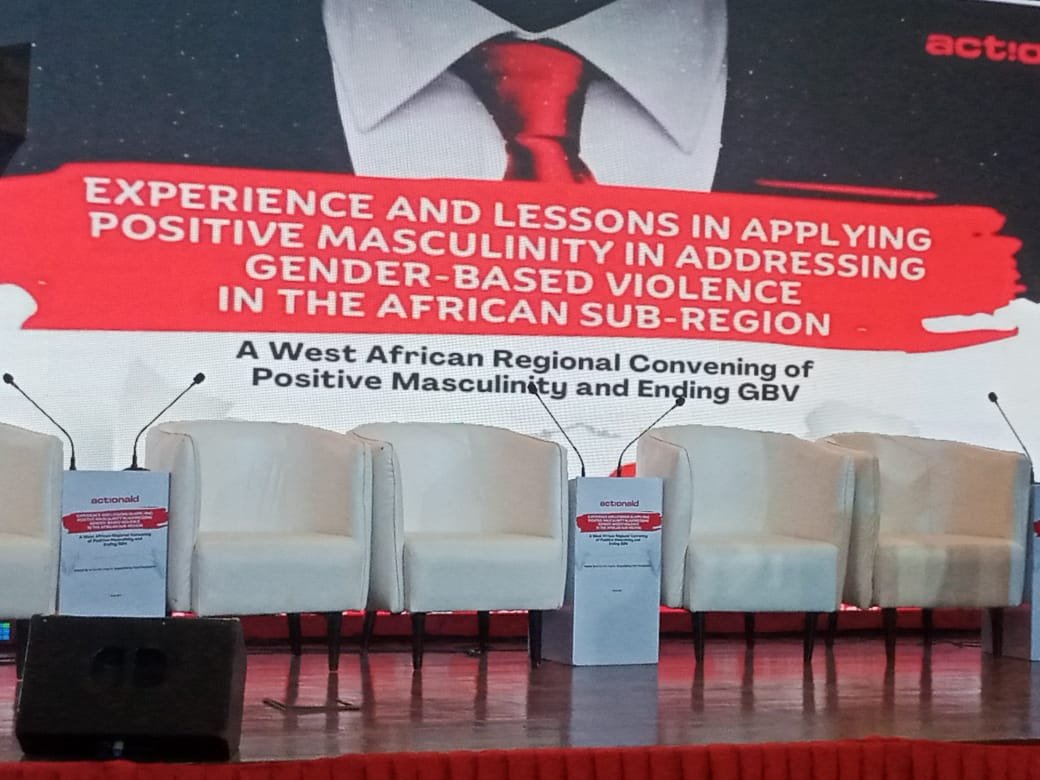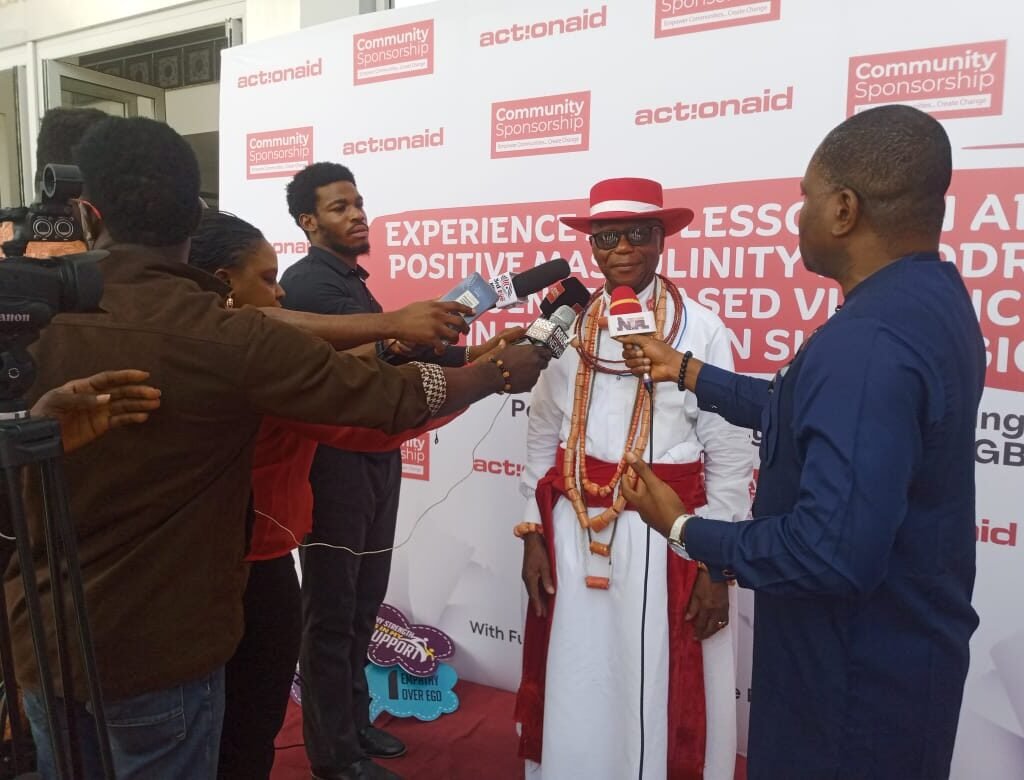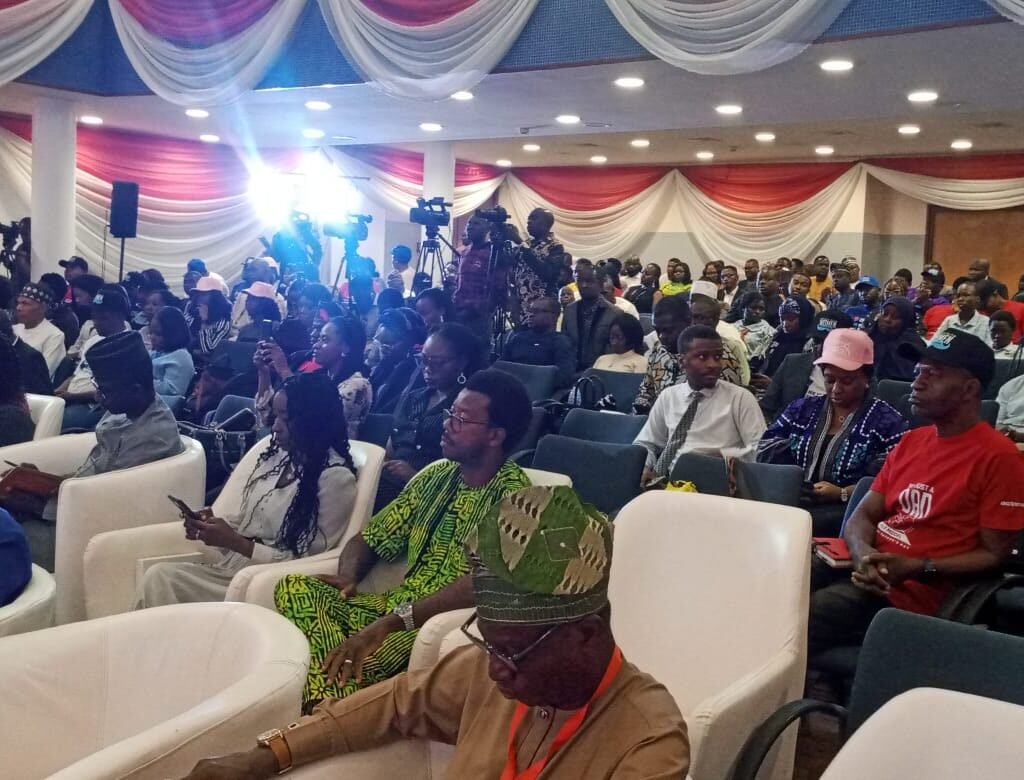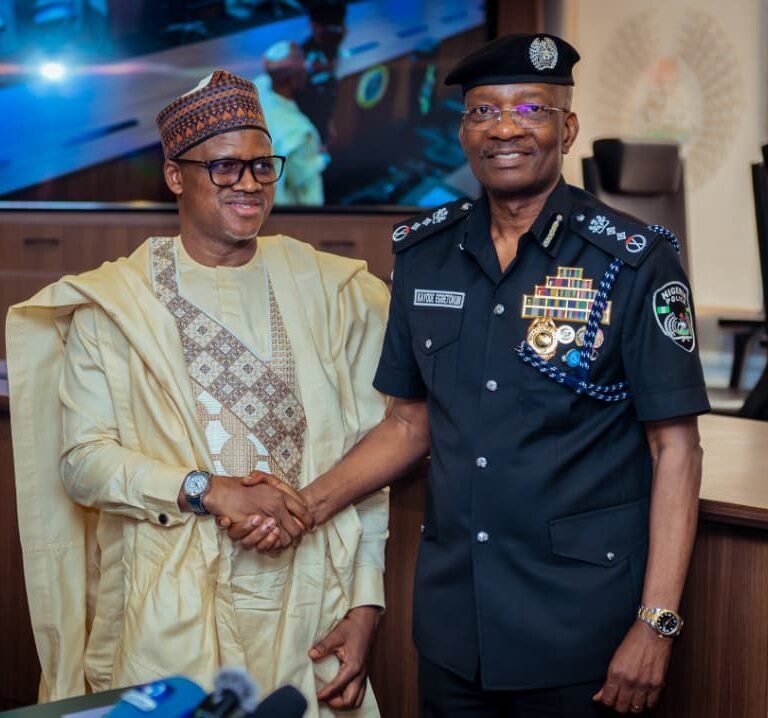
By Ameh Gabriel
Abuja, Nigeria – In a bold move to tackle the deep-rooted cultural norms fuelling gender-based violence (GBV), traditional rulers, civil society leaders, and development actors from across West Africa gathered in Abuja to push for a transformative shift in how masculinity is defined and practiced.
The high-level dialogue, themed “Experience and Lessons in Applying Positive Masculinity in Addressing Gender-Based Violence in the African Sub-Region”, was convened by ActionAid Nigeria with support from the Ford Foundation. The event brought together voices from Anglophone and Francophone West Africa to promote empathy, accountability, and equality as alternative traits of manhood.

“This is not an attack on men. It is not about blame,” said Dr. Andrew Mamedu, Country Director of ActionAid Nigeria. “We must redefine power as protection, not oppression, and leadership as service, not silence.”
He emphasized that toxic masculinities marked by aggression, emotional suppression, and dominance have contributed to broken homes, poor mental health, and rising cases of violence, especially against women and girls. Yet, he insisted, change is not only possible, but already underway across parts of the continent.
Traditional leaders echoed this call for change. Representing the Olu of Warri, Ogiame Atuwatse III, Chief Mene Brown applauded the convening, calling it “the beginning of a shift a rethinking of what power and leadership truly mean.”
HRM King Moore Maclean of Ahuda West, Rivers State, delivered a powerful personal testimony. “Before I became a chief messenger of my people, I believed this was a man’s world where men could do anything. But then I was exposed to the reality of gender violence. Initially, I thought only women were violated, but over time, I realised that many men also suffer in silence.”
He added, “A man may be hurting but won’t cry out because society sees it as weakness. But today, we know that violence in any form—against women, children, or men has no place in our communities.”
Throughout the dialogue, panelists explored how institutions religious, traditional, and educational can champion gender equity by empowering men and boys to adopt new, healthier expressions of masculinity.

Citing studies by UN Women and scholars like Jewkes et al., Dr. Mamedu highlighted the link between harmful gender norms and issues ranging from GBV to depression and fractured families. “But when men embrace positive masculinity,” he said, “we see stronger families, balanced relationships, and healthier communities.”
Participants concluded with a shared commitment to foster youth leadership, cross-border collaboration, and community-driven solutions that place men not as bystanders, but as allies in building a just and peaceful West Africa.
“Let this be the day we began to redefine what it means to be a man in Africa, and for Africa,” Dr. Mamedu declared.






